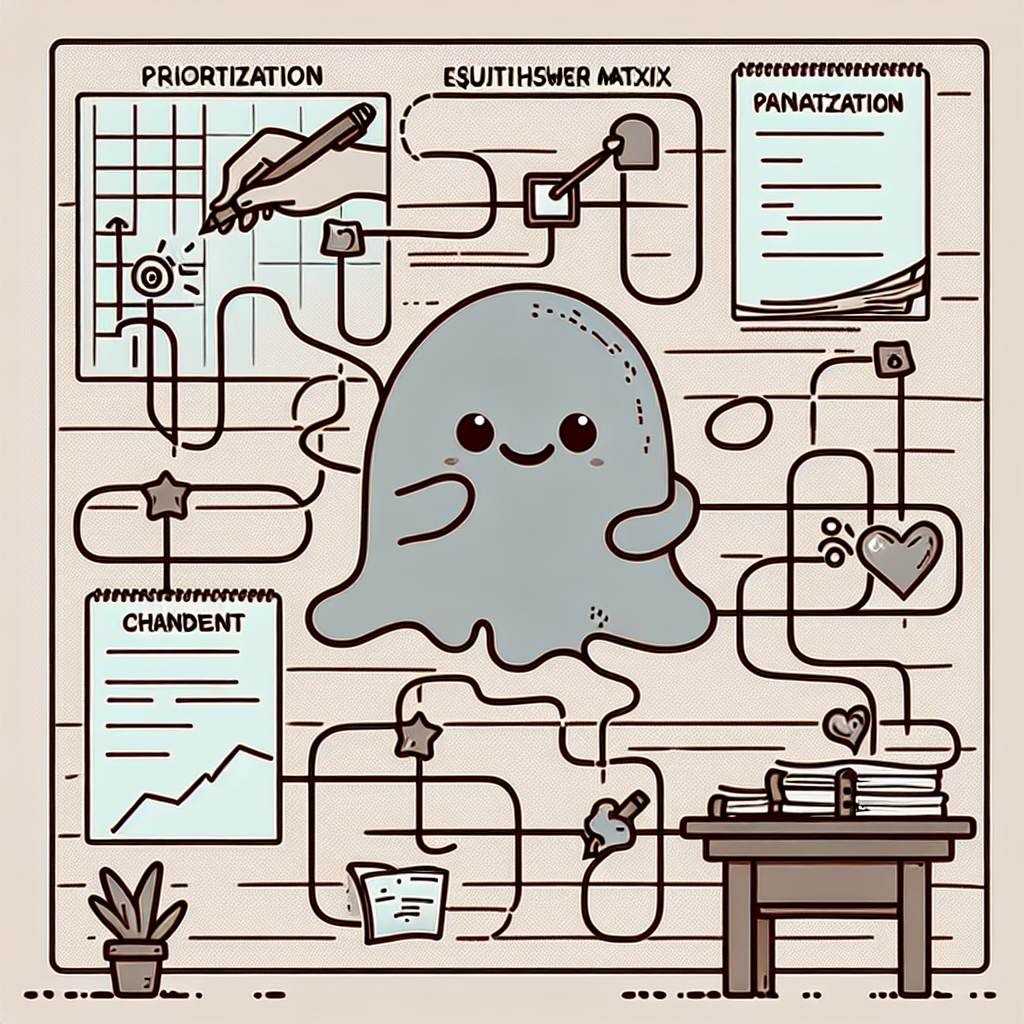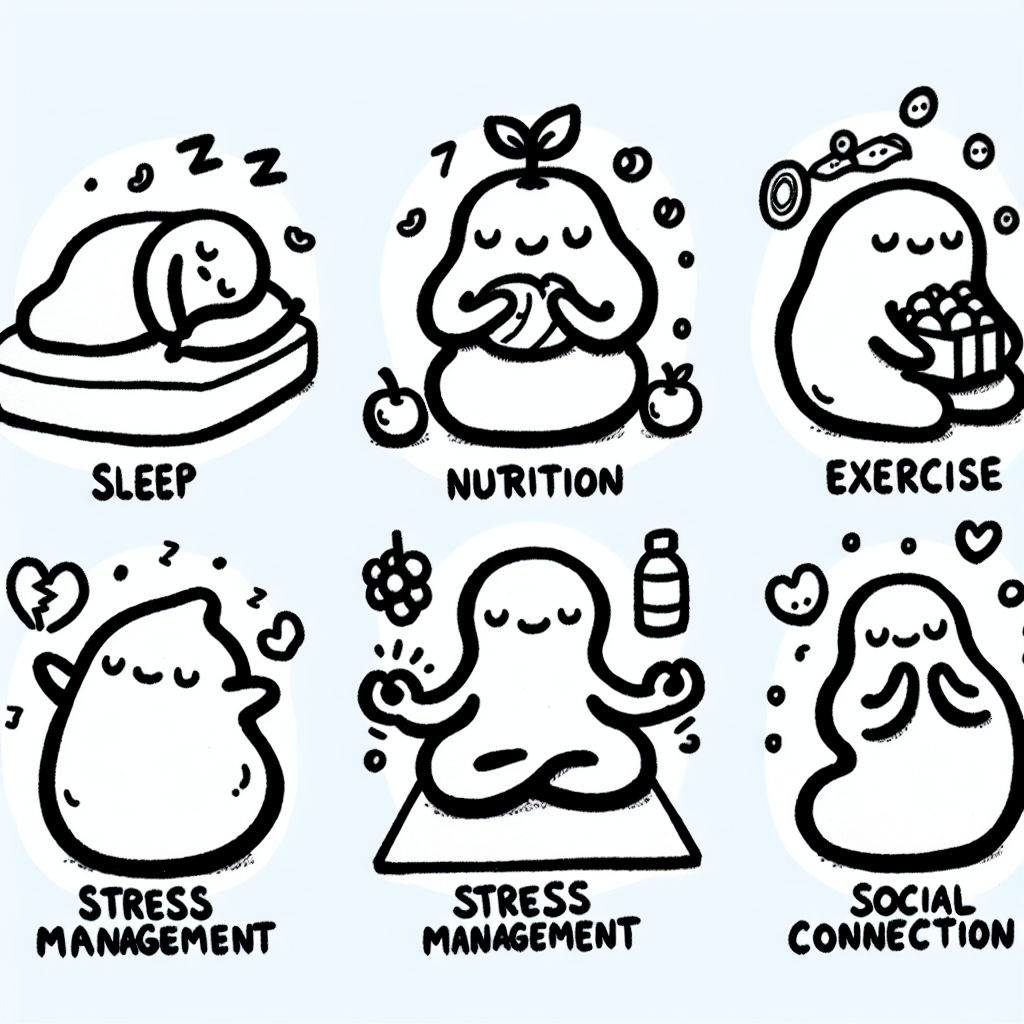Introduction
Achieving balance in college life is essential for long-term success and well-being. Students are often tasked with managing a full course load, part-time jobs, extracurricular activities, and social relationships—all within a limited amount of time. Without effective strategies, this juggling act can lead to stress, burnout, and decreased academic performance.
Common challenges include time management, maintaining mental and physical health, and finding time for meaningful social interactions. Many students also struggle to set boundaries between academic responsibilities and personal life, which can further complicate the effort to maintain a healthy routine.
This guide on campus life balance tips draws on expert insights and research from top universities, including studies from Stanford University and the American College Health Association, to provide practical solutions. By integrating evidence-based strategies, students can learn how to better navigate the demands of college life while maintaining their overall well-being.

🕒 Mastering Time Management
Effective time management is a cornerstone of achieving campus life balance. It plays a critical role in reducing stress and increasing productivity by helping students stay organized and focused. When time is managed well, students are more likely to meet academic deadlines, maintain healthy social lives, and prioritize self-care—all essential elements of overall well-being. Moreover, consistent time management contributes positively to mental health and academic performance by minimizing last-minute pressure and enhancing a sense of control.
Practical Time Management Techniques
One proven method is time-blocking, where students allocate specific hours to different activities such as studying, attending social events, and taking care of personal needs. This structured approach helps ensure that no aspect of campus life is neglected.
The Pomodoro method is another effective technique. It involves working in focused intervals—typically 25 minutes—followed by a short 5-minute break. This method boosts concentration and prevents burnout by breaking tasks into manageable segments.
Daily planning is essential for staying on track. Whether using a digital or physical planner, mapping out daily priorities helps students visualize their workload and allocate time effectively.
Tools to Support Time Management
Various tools can support students in their efforts to maintain campus life balance through better time management. Digital calendars and apps, such as Google Calendar, are useful for setting reminders and keeping track of commitments (Belmont University).
Task management systems like Trello, Notion, or Google Tasks also aid in organizing assignments, deadlines, and extracurricular responsibilities in one place. These platforms offer customizable features that help students tailor their schedules to their unique academic and personal needs.

🎯 Setting Realistic and Flexible Goals
Academic and Personal Goal Setting
Establishing clear academic and personal goals is essential to maintaining campus life balance. Start by distinguishing between long-term and short-term goals. Long-term goals might include graduating with honors or securing an internship, while short-term goals could involve weekly study targets or attending a set number of campus events each month.
Using the SMART framework (Specific, Measurable, Achievable, Relevant, and Time-bound) helps make these goals actionable. For example, instead of setting a vague goal like "do better in math," aim for something SMART like "raise my calculus grade from a B to an A by the end of the semester by studying an extra two hours per week."
Balancing Goal Ambition with Feasibility
While ambition can be motivating, it's important to balance it with feasibility to avoid burnout. One key campus life balance tip is to recognize personal limits and avoid overcommitting. As noted by the University of Colorado Boulder, students should learn to manage their time and commitments realistically to reduce stress.
Another important skill is learning to say "no." Prioritizing what matters most—whether it's academics, health, or meaningful extracurriculars—can prevent the feeling of being stretched too thin. Being selective with commitments ensures that each goal set is both manageable and aligned with your overall campus life balance strategy.

🚦 Prioritization and Planning Strategies
Balancing academic responsibilities with social and personal commitments requires effective prioritization and planning. These campus life balance tips can help students stay organized and reduce stress.
How to Prioritize Effectively
One proven method for prioritizing tasks is the Eisenhower Matrix. This tool helps categorize tasks into four quadrants based on urgency and importance:
- Urgent and Important: Do these tasks immediately.
- Important but Not Urgent: Schedule these tasks.
- Urgent but Not Important: Delegate if possible.
- Not Urgent and Not Important: Consider eliminating these tasks.
Using this matrix regularly ensures that students focus on what truly matters, rather than reacting to each new demand.
Another useful practice is conducting weekly reviews. Setting aside time each week to reassess goals, deadlines, and progress allows students to re-prioritize based on current needs. This habit supports long-term success and helps maintain a balanced campus life.
Chunking and Breaking Down Tasks
Large assignments can feel overwhelming, but breaking them into smaller sub-tasks makes them more manageable. This technique, often called "chunking," improves focus and reduces procrastination. For example, instead of viewing a research paper as one task, students can divide it into research, outline creation, drafting, and editing phases. According to Oklahoma State University, this approach supports better time management and helps students stay engaged.
Checklists are another practical tool for daily motivation. Listing small, achievable tasks and checking them off provides a sense of accomplishment and keeps momentum going. Including even simple items like "read 10 pages" or "review notes" can make a big difference in maintaining a productive routine.

📅 Building and Maintaining a Personalized Calendar
A well-organized calendar is a cornerstone for students seeking effective campus life balance tips. Integrating all aspects of life—academic, work, and social—into a single calendar helps avoid conflicts and missed commitments. Start by inputting class schedules, assignment deadlines, part-time job shifts, and social events into one system. Using color coding can add clarity: for example, red for exams, blue for work, and green for personal plans.
To maintain consistency, establish a routine of weekly planning. Sunday evenings are ideal for reviewing the past week and setting up the upcoming one. This habit ensures that priorities stay on track and that adjustments can be made proactively. Regular calendar reviews help align daily actions with long-term goals, a practice supported by academic advisors and institutions like the University of Louisiana at Lafayette.

🧠 Recognizing and Respecting Personal Limits
Listening to Your Mental and Physical Needs
One of the most important campus life balance tips is learning to listen to your body and mind. Recognizing early signs of burnout—such as constant fatigue, difficulty concentrating, lack of motivation, or increased irritability—can help prevent more serious mental or physical health challenges. These symptoms often indicate that you’re pushing too hard without adequate recovery.
Rest and recovery are not luxuries; they are essential components of sustainable productivity. Getting enough sleep, taking breaks between study sessions, and allowing downtime for hobbies or relaxation help maintain both academic performance and overall well-being.
Coping Mechanisms and Stress Management
Effective stress management is another key part of maintaining campus life balance. Mindfulness practices, such as meditation or deep breathing exercises, can help reduce anxiety and improve focus. Even a few minutes of mindfulness each day can make a noticeable difference in how you respond to stress.
When feelings of overwhelm persist, it’s important to seek support. Most campuses offer counseling services, peer support groups, and academic advising specifically aimed at helping students navigate challenges. Utilizing these resources is a proactive step in maintaining balance and well-being during college life.

💪 Health and Wellness as the Foundation
Achieving a balanced lifestyle begins with a strong focus on health and wellness. According to Wellesley College, there are five essential elements that support campus life balance tips:
- Sleep: Getting between 7 to 9 hours of sleep each night helps maintain focus, mood, and overall health. Lack of sleep can lead to decreased academic performance and increased stress.
- Nutrition: Eating balanced meals and staying hydrated are key to energy and concentration. Prioritizing whole foods and regular meal times supports sustained well-being.
- Exercise: Regular physical activity—whether it's walking, yoga, or team sports—boosts both physical and mental health. It can also serve as a productive break from studying.
- Stress Management: Managing stress through deep breathing, journaling, or engaging in creative hobbies can reduce anxiety and improve resilience.
- Social Connection: Maintaining meaningful relationships with friends, family, or campus groups provides emotional support and a sense of belonging.
Incorporating these five pillars into daily routines is a foundational step toward mastering campus life balance tips.

🧑🤝🧑 Creating a Supportive Social and Academic Network
Leveraging Campus Resources
One of the most effective campus life balance tips is to take full advantage of the resources your school provides. Academic advisors can help you design a course schedule that aligns with your goals and avoids unnecessary stress. Tutoring centers and writing labs offer support that can improve your performance and reduce last-minute cramming or paper-writing stress.
Outside the classroom, student organizations and study groups can provide both academic and social support. Joining a club related to your major or interests can help you build a network of peers who understand your academic challenges. Study groups not only make learning more collaborative but also help manage workload through shared insights and accountability.
Building Healthy Relationships
Cultivating relationships with people who support your academic and personal goals is another key campus life balance tip. Surround yourself with friends who encourage your growth and respect your study time. Positive peer influences can motivate you to stay on track and maintain a balanced routine.
It's equally important to set clear boundaries with roommates, partners, and classmates. Communicate your needs and availability to avoid misunderstandings and ensure your time is respected. Establishing these boundaries can help reduce stress and protect the time needed for both academics and personal well-being.

📉 When Things Fall Apart: Getting Back on Track
Even with the best campus life balance tips, setbacks can happen. When routines break down or stress becomes overwhelming, it's essential to take intentional steps to regain control.
Reflection and Reevaluation
Start by examining what went wrong—but without self-judgment. Reflect on the specific areas where your balance slipped. Was it overcommitting to extracurriculars? Underestimating study time? Ignoring sleep or self-care? Honest reflection helps you identify patterns and make informed changes.
Once you've pinpointed the challenges, adjust your goals and routines accordingly. Maybe that means reducing your course load, setting firmer boundaries with social obligations, or creating a more realistic daily schedule. Small, strategic changes can significantly improve your ability to maintain balance.
Seeking Help
You don’t have to handle everything alone. Most campuses offer mental health services, including counseling and stress management workshops. Taking advantage of these resources can provide support and practical strategies for recovery.
In addition, communicate with professors or employers if your workload becomes unmanageable. They may offer deadline extensions, reduced hours, or other accommodations. Being proactive about your needs is part of applying effective campus life balance tips.

Conclusion
Achieving a balanced campus life involves managing academics, social activities, and personal well-being. Key components include effective time management, setting priorities, maintaining physical and mental health, and engaging in meaningful extracurriculars. Each student’s journey is unique, so it’s important to personalize these campus life balance tips to fit individual goals and circumstances.
Remember, balance is not a fixed state—it evolves with your academic workload, personal growth, and life changes. Regularly reassess your strategies and adjust as needed to maintain a healthy and fulfilling campus experience.

📚 References
- University of Colorado Boulder – Offers practical campus life balance tips for managing academic, work, and personal responsibilities.
- Oklahoma State University – Provides strategies for students aiming to balance social life and academics effectively.
- University of Louisiana at Lafayette – Shares ten actionable campus life balance tips to help students navigate work and school demands.
- Belmont University – Covers how to maintain a healthy balance between college, employment, and social activities.
- Wellesley College – Discusses overall wellness and campus life balance tips for sustaining mental and physical health.







.png)






